
BANGKOK, June 20 (Xinhua) -- Thai authorities are quietly stepping up precautionary measures and collecting intelligence information on anti-government activism in Bangkok and the provinces for fear that it might trigger street unrests at any given time.
Although Deputy Prime Minister Chalerm Yubamrung has assured the Thai public that the police and intelligence personnel will respect the right of anti-government protesters to demonstrate and express their views in a peaceful and non-violent manner, he nonetheless indicated that this protest movement will have to be kept in check to prevent violence and bloodshed.
The deputy prime minister, who is in charge of national security affairs, made no secret about his concerns over the possibilities that some untoward incidents, such as a bombing or sabotage, might occur that could aggravate the situation and result in a violent overthrow of the duly-elected government of Prime Minister Yingluck Shinawatra.
The anti-government protesters have persistently vowed to rid Thailand of what they called "Thaksinism," in reference to deposed Thai leader Thaksin Shinawatra who, they said, is still running the country through his sister, Yingluck.
They also charged that the Pheu Thai Party-led government has condoned corruption in office and failed to protect the country's territorial integrity with regard to the border dispute between Thailand and Cambodia around the historic Preah Vihear Temple.
Observers here said that anti-government protests could escalate and further deepen social division when the Thai Parliament reconvenes in August to deliberate on amnesty bills designed to pardon political offenders and a legislation pushed by Chalerm under the much-heralded theme of "reconciliation."
The authorities do not rule out the possibility of street stand- offs or head-on clashes between anti-government and pro-government demonstrators that include the pro-Thaksin Red Shirts.
Chalerm has commented that most of the anti-government protesters have only changed their style but not the substance of their demands.
The protesters no longer wear yellow shirts as they did during the time of the anti-Thaksin movement under the name of the People 's Alliance for Democracy several years ago.
Now some of the anti-government activists put on masks and others appeared in green military fatigues with a red star in front of their green cap.
"Ninety-five percent of those anti-government demonstrators are the very same persons who earlier joined the Yellow Shirt movement. They looked like educated, middle-class persons who did not seem to understand much about democratic rule," Chalerm said, adding that their main goal is to overthrow the elected government.
The deputy prime minister, who admitted that the number of the white-masked protesters had risen from only about 200 to 3,000 in a week's time, quietly instructed the police and intelligence officials to remain constantly alert and to take prompt measures to keep the street protests from intensifying into a crisis.
Chalerm said that the government relies mainly on national police chief Pol Gen Adul Saengsingkaew and Metropolitan police commissioner Pol Lt Gen Kamronwit Thoopkrachang to put in place measures that would thwart any attempt to sow terror in the streets of Bangkok.
Reliable sources said that army chief General Prayuth Chanocha and other top brass in the military have given firm assurance to Prime Minister Yingluck that there will be no military coup, which was what the protesters have urged the military to do.
The anti-government protesters, who literally called themselves the "Country-Loving, Land-Keeping Thais," are reportedly being orchestrated and funded by influential politicians and some businessmen who have been earlier associated with the Yellow Shirt movement.
Deputy Commerce Minister Nattawut Saikua, a former pro-Thaksin Red Shirt leader, cautioned that those who may have pressed for the naming of a new prime minister by His Majesty the King could possibly be charged with attempted rebellion since the Thai Constitution clearly stipulates that the prime minister must be duly elected by the people.
"They could be arrested and charged with attempting to undermine the democratic rule by replacing the head of government through extra constitutional means," Nattawut said.
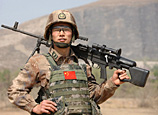
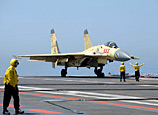
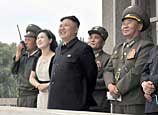

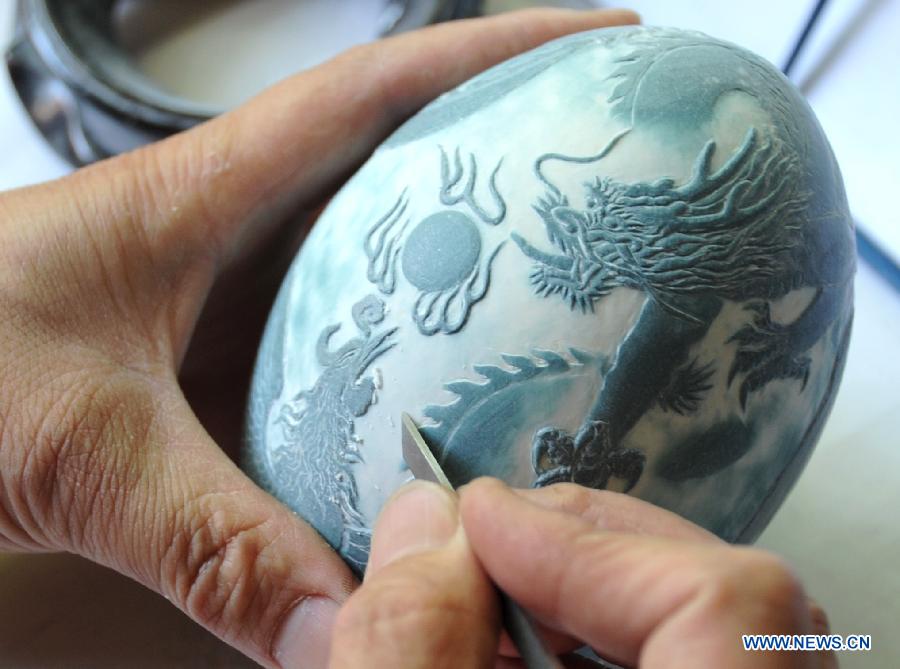
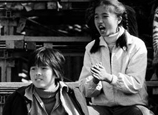

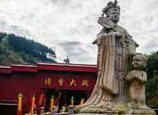

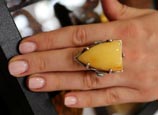






 Shocking! Hairy stocking to beat sex harassment
Shocking! Hairy stocking to beat sex harassment


![]()
